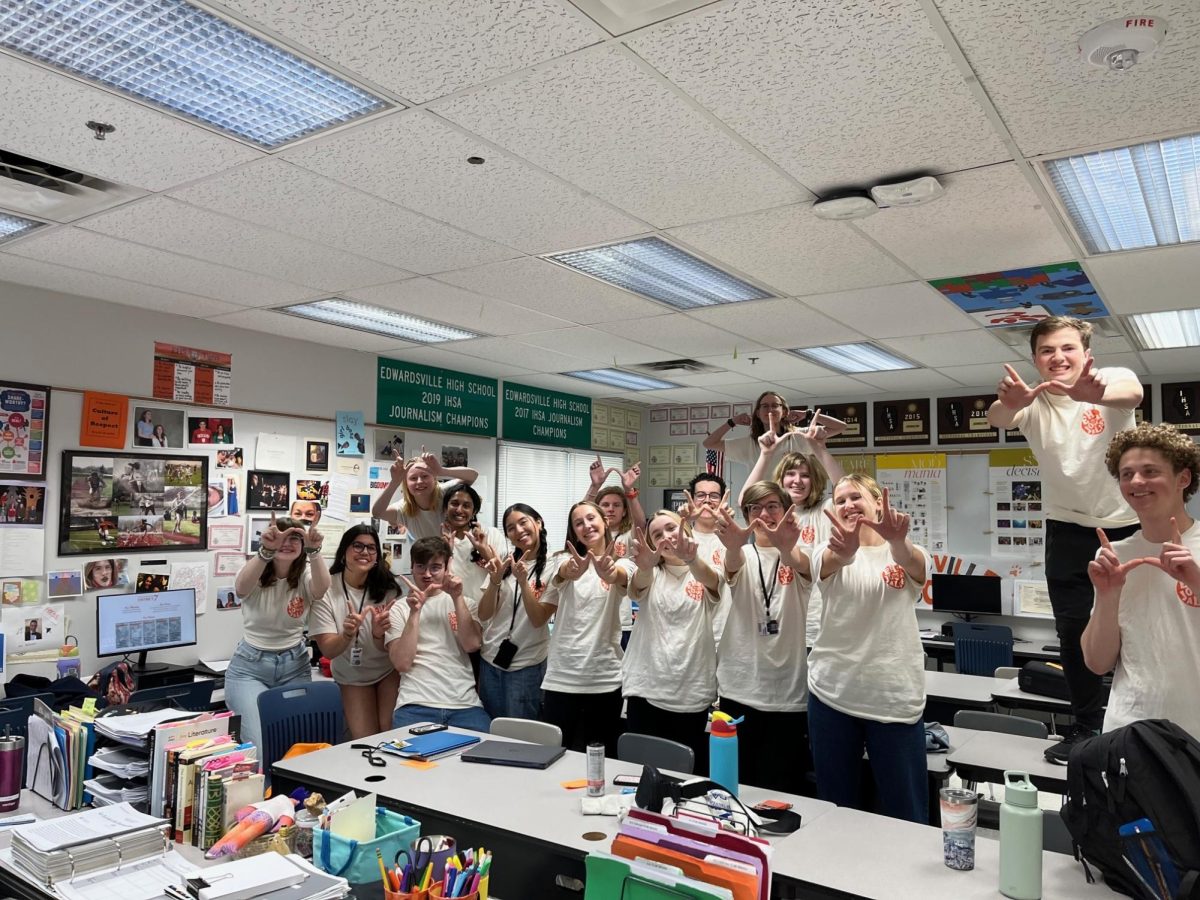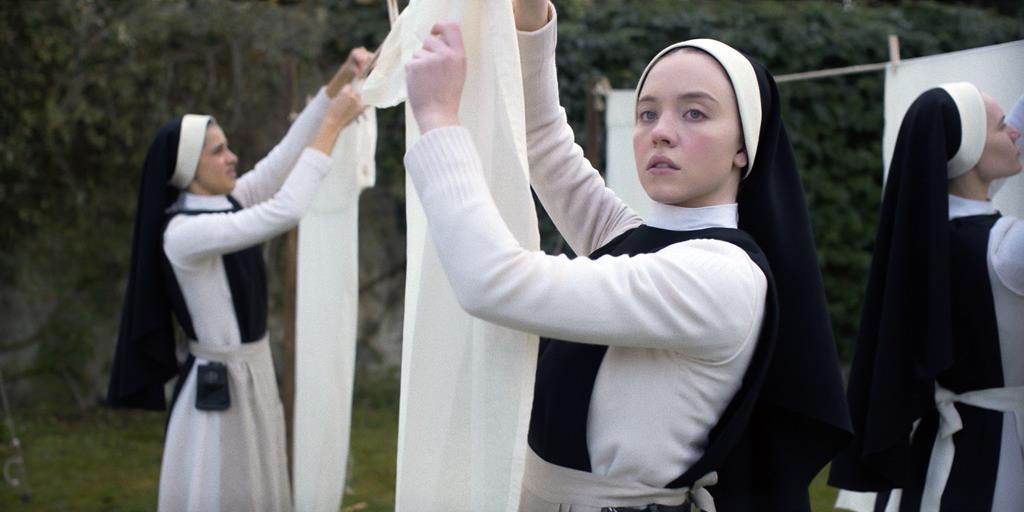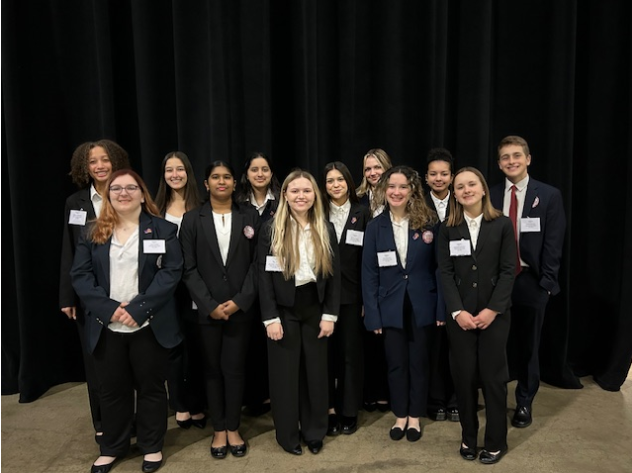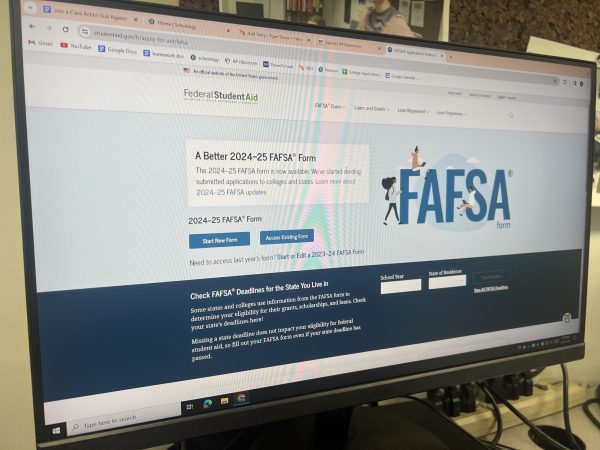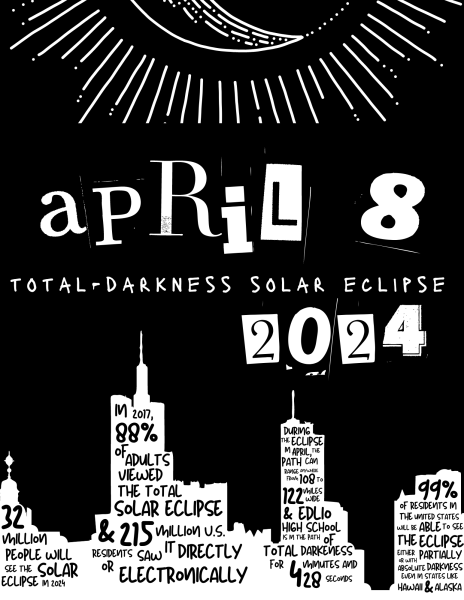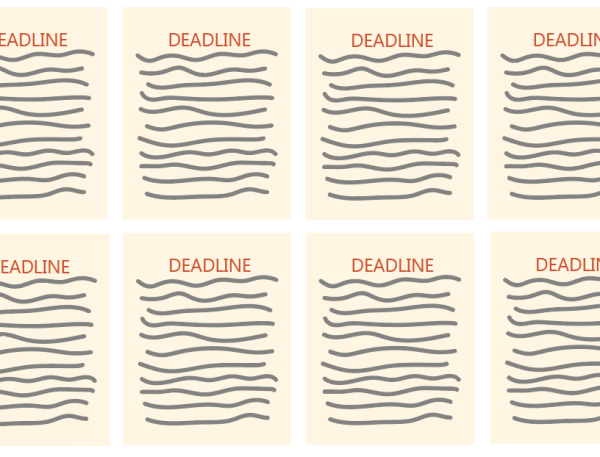Anonymous NYT Op-Ed: Necessary Evil?
September 13, 2018
Anonymity. A tool used to protect controversial sources or a dastardly tactic used by the “fake news” outlets?
The New York Times is a news organization that generally steers clear of using unidentified sources. However, from time to time, they find it necessary to leave their sources anonymous.
Such is the case with their most recent example, an op-ed piece written by an anonymous White House staffer that has taken it upon them self to acknowledge the inner turmoil inside the Donald Trump White House.
“The dilemma — which [President Trump] does not fully grasp — is that many of the senior officials in his own administration are working diligently from within to frustrate parts of his agenda and his worst inclinations,” the anonymous source said.
Of course, any time an anonymous source is used, the source’s credibility is taken into question.
When on the topic of anonymity in the media, one would be remiss to ignore the most famous use of an anonymous source, Deep Throat. Later identified as Mark felt, DT acted as an inside source into the Watergate scandal. Bob Woodward, one of the reporters who uncovered the Watergate scandal, was put down in a similar manner for his use of anonymity.
This situation has garnered the same reaction, with raging criticism coming from the president himself.
“We have somebody in what I call the failing New York Times that’s talking about he’s part of the resistance inside the Trump administration,” Trump said. “This is what we have to deal with. And you know the dishonest media.”
As is often the case when Trump is faced with criticism, he rolled up his sleeves and went to work whining about it on twitter.
“Are the investigative “journalists” of the New York Times going to investigate themselves – who is the anonymous letter writer?” Trump said.
Anonymity is not the most desirable thing in journalism. I understand that. However, anonymous sources will have to do for now, just as they did in Watergate, to protect those who need to tell the truth, when they tell it.




